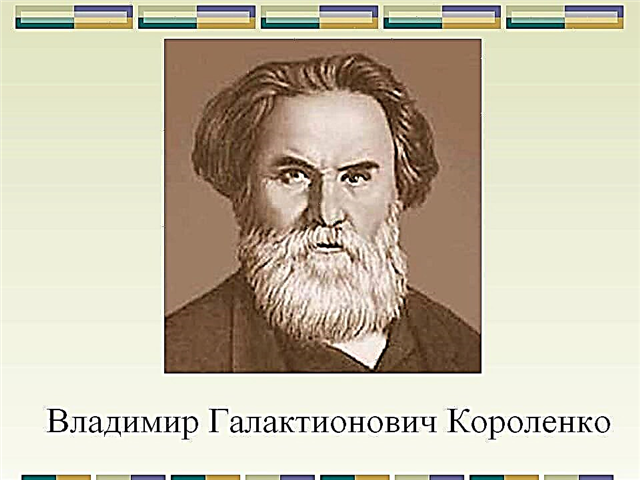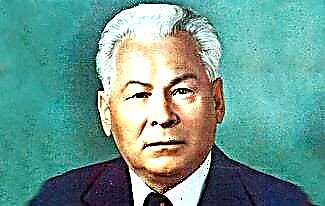What are epithets? Many people know this word since school, but not everyone remembers its meaning. It is curious that this term is often confused with metaphor, hyperbole, or other concepts.
In this article we will tell you what is meant by an epithet and in what forms it can be presented.

What is an epithet
Translated from the ancient Greek language, the word "epithet" literally means "attached." So, an epithet is a figure of speech or a definition for a word that affects its expressiveness and beauty of pronunciation. For example: emerald foliage, sad weather, golden age.
An interesting fact is that philologists do not have a single view of the epithet. Some experts call him a figure of speech, others - an element of only poetic speech, and still others find him in prose.
As a rule, adjectives act as epithets that make nouns brighter. However, not every adjective is an epithet.
For example, the phrase "hot day" is a statement of fact, and "hot kiss" is an emphasis on passion. That is, such a kiss occurs only between people in love, but not between friends or relatives. At the same time, other parts of speech can also act as epithets:
- adverbs - moon sadly luminaries, rain bitterly cried;
- nouns - cliff-giant, Motherland-mother;
- pronouns - "it's going to rain, yes what else»;
- participles and participle phrases - "Leaf, ringing and dancing in the silence of the ages"(Krasko);
- gerunds and adverbs - "sort of frolicking and playingthunders in the blue sky. (Tyutchev);
Epithets can represent different parts of speech, but they all serve only one purpose - to make the text richer and more expressive.
Types of epithets
All epithets can be roughly divided into 3 categories:
- decorating (general language) - brilliant idea, coffin silence;
- folk poetry - kind well done, innumerable wealth;
- individually-copyrighted, belonging to a specific author - marmalade mood (Chekhov), velvet snow (Bunin).
Epithets are widespread in fiction, without which it is impossible to imagine a full-fledged work.









